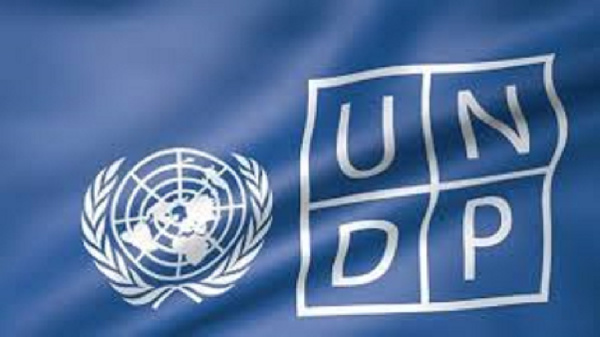Debt, a lack of education, and the ability to adapt to disasters are factors that make most people feel vulnerable, according to a new report released today by the United Nations Development Programme (UNDP) and the University of Oxford’s Poverty and Human Development Initiative (OPHI).
The Policy Report titled ‘Understanding Multidimensional Vulnerabilities: Impact on People of Sri Lanka’ puts forth Sri Lanka’s first ever Multidimensional Vulnerability Index (MVI), which was derived using the National Citizen Survey (NCS) 2022–23, covering a representative sample of 25,000 households. The survey was conducted between November 2022 and March 2023 to capture the impact of the cascading crises on the people.
It demonstrates the overlapping challenges faced by Sri Lanka’s population and weaves together a novel set of indicators to capture vulnerabilities beyond traditional income-based measures.
The index includes twelve indicators grouped under three dimensions: education, health and disasters, and living standards. Indicator selection was based on consultations with key stakeholders, including a technical advisory panel. The collaborative engagement process ensured that the MVI would appropriately reflect the complexity of vulnerabilities experienced by individuals and groups across Sri Lanka.
The national results of the MVI indicate that the key factors that impact vulnerability include household indebtedness, largely due to pawning items to purchase essential goods; years of schooling, disaggregated by gender; and adaptive capacity to disasters. In addition to these, working in informal jobs also makes individuals more vulnerable.





